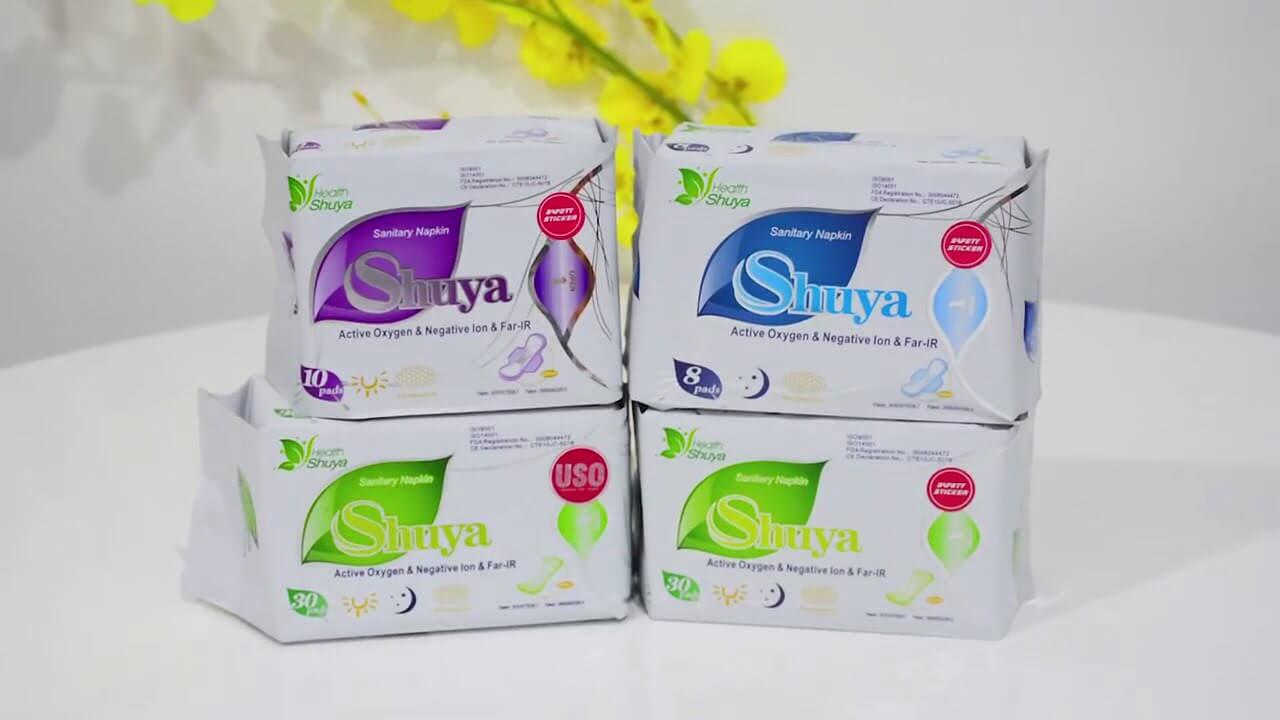Prior to the season 2020 to 2021, the CDC collaborated with health care providers, state and local health departments, and other stakeholders to develop contingency plans for vaccinating people against flu to decrease their risk of exposure to respiratory disease-causing viruses, such as coronaviruses that cause COVID-19. The Guidance for Immunization during the COVID-19 Pandemic was one of the steps taken. After numerous refinements and updates, the latest guideline showed that even after influenza vaccine, the COVID-19 vaccine remains recommended for all. However, the other non-COVID vaccines, including the influenza vaccine may be administered within 14 days before or after COVID vaccines.
The guideline is optimum for all COVID vaccines, it has been taken into consideration for each type and manufacturer, jenis vaksin COVID-19.
What Are The Available COVID-19 Vaccines In Malaysia?
Malaysia has obtained upto 66.7 million doses of COVID-19 vaccine through the COVAX Facility and direct purchases from five main vaccine manufacturers. For the time being, Malaysia has been working on distributing the approved COVID vaccines in phases, as viewed by the board from the Drug Control Authority (DCA) and the National Pharmaceutical Regulatory Agency (NPRA).
Pfizer‐BioNTech (Comirnaty)
Well-known vaccine manufacturer from America, contains mRNA which instructs the body’s cells to generate a protein that causes an immunological response. A mRNA vaccine is able to instruct our immune cells to produce and create the similar spike protein found on the coronavirus’s surface. The immune system will then recognise this spike protein and produce specific antibodies to guard against it. This is a rather new vaccine technology, unlike usual vaccines, it is made entirely of synthetic components and does not include a live virus.
It claims to have 95 percent of effectiveness after administration of 2 doses.The recommended interval between 2 doses is 21 days. However, the vaccine’s storage and logistics are expensive because the doses must be kept in a specific cold environment with a temperature of around -75°C.
Sinovac (CoronaVac)
Manufacturer from China, an inactivated vaccination, which uses killed viral particles to stimulate the body’s immunological response to produce antibodies against the virus. Sinovac vaccine has an efficacy range of 50.4 percent to 91.25 percent after 2 doses. The recommended interval between the doses is 2 to 4 weeks. It has also been stated to be suitable for persons with weakened immune systems.
Oxford-AstraZeneca (ChAdOx1-S [recombinant])
Manufacturer from the United Kingdom, is a viral vector vaccine developed in collaboration between the UK-based pharmaceutical corporation AstraZeneca and Oxford University. It employs a modified virus to send a little amount of the virus’s genetic code to the body’s cells, instructing them to create the spike protein found on the surface of coronaviruses and stimulate an immune response against them later. This vaccine claims to have an effectiveness rate of 62 percent to 90 percent after completion of 2 doses, of which the recommended interval is 6 to 12 weeks.
Janssen (Ad26.COV2-S [Recombinant])
Also known as Johnson and Johnson, manufacturer from America as well. The Malaysian government has granted conditional permission for this single-dose viral vector vaccine for emergency usage, and doses would be procured for the country through COVAX. The quantity of Janssen dosages to be ordered is still unknown.The usage of Janssen vaccine has been tested and approved by the European Medicines Agency and the US Food and Drug Administration. According to the World Health Organization research, this vaccination was reported to have an 85.4 percent efficacy rate against hospitalisation and severe Covid symptoms roughly 28 days after exposure.
CanSinoBio (Convidecia)
Manufacturer by CanSino Biologics, a China pharmaceutical business, collaborated with the Beijing Institute of Biotechnology and the Academy of Military Medical Sciences. It is now in use in China, Mexico, and Pakistan. The CanSinoBIO vaccine is another viral vector vaccine, it is the only one of the five indicated in the handbook that can be given in a single shot, besides the newly approved Janssen vaccine. It claims to have an effectiveness rate of 65.7 percent with a single dose.
What Are The Side Effects Of COVID-19 VACCINES?
The side effects are a result of the vaccine’s immunological reaction. However, because everyone’s immune response to the vaccine differs, which means the absence of side effects following vaccination does not imply that the vaccine is ineffective.
The possible side effects included pain, redness, swelling, and itching over the site of administration. The local injection site reactions occur in some persons within 1 to 2 days after receiving the vaccine, but they are usually self-limiting. The other possible side effects are tiredness, headache, fever, chills, muscular or joint pain, nausea, and vomiting. These side effects are fairly common, mild, transient, and manageable.Consult a doctor in an emergency.




